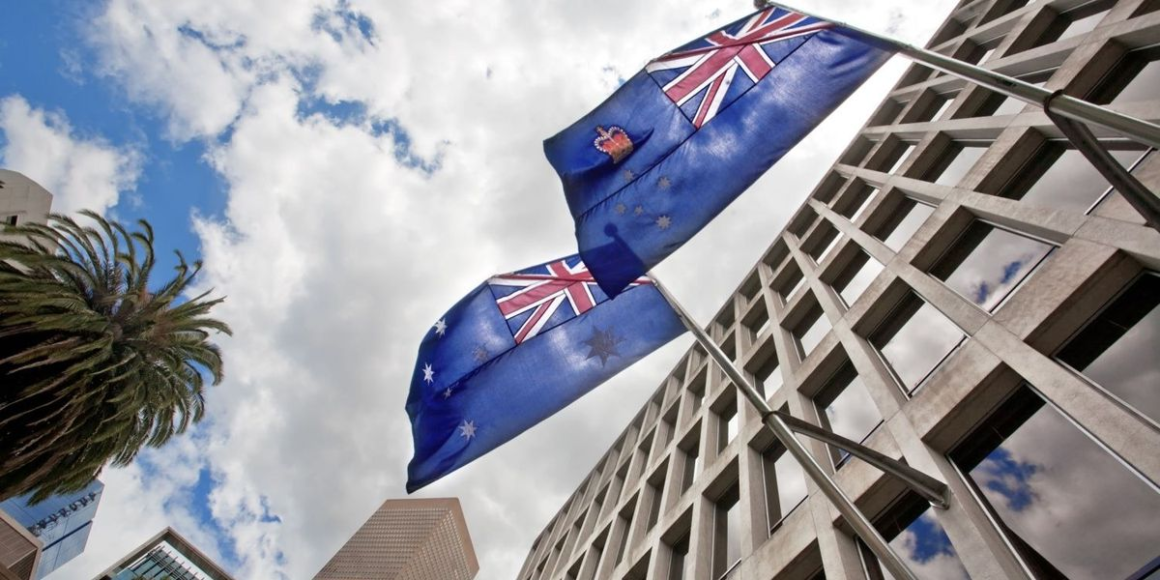The Victorian government is looking to make the Australian state a hub for strategic minerals, and is introducing reforms to its permitting processes in a bid to show that it’s open for business.
“These reforms are exactly what business(es) have told us they need and it’s what we’re delivering — so that Victoria remains the economic growth capital of Australia,” Minister for Jobs and Industry Natalie Hutchins said.
Victoria said it would deliver a 10-year Plan for Industrial Land “to secure the space businesses need to expand and create jobs.”
The plan, which is set for release in 2025, will allow businesses to plan for the future by providing information on how and when land will be released.
Projections-wise, this decade-long effort will deliver over 6,000 hectares of land. Once it is all fully developed and in use, the land could support up to AU$9.5 billion in industrial activity.
Included in the state’s plan is the establishment of a new Investment Coordinator-General who will start in early 2025. The coordinator-general will be in charge of ensuring concerned parties and statutory authorities meet all required approval deadlines for major projects of state significance.
“This will reduce delays and enhance accountability across government departments and agencies,” the statement says.
Aside from this, the state is also launching an “investment front door” that will streamline all investment-related engagements within the Victorian Government. It will serve as a single entry point that will assist businesses who are investing in the state and include a one-stop shop for institutional housing investment.
According to the report, the Victorian Government has facilitated investment in AU$24.5 billion worth of projects in Victoria since 2014, which are expected to support more than 52,000 new full-time equivalent jobs.
To ensure that businesses will not have to wait too long for the results of their environmental effects statement (EES) process, the government said it will cut the assessment review to a maximum of 18 months.
“More than half of all assessments exceed this timeframe, holding up projects and slowing down our state,” the statement reads. “This new process will be achieved by sharper assessment scopes, better utilisation of Environmental Reports, more support for applicants, and speeding up the public engagement process by facilitating online engagement and more focused public inquiries and engagement phases.”
“We’re making sure our processes are more efficient and giving business greater certainty, while maintaining our strong protections for the environment and managing project impacts,” said Minister for Planning Sonya Kilkenny.
The reforms are expected to shorten the approval times for project proponents by an average of 16 months. These will also provide businesses with an estimated AU$155 million in reduced costs, and the statement suggests that the faster assessments could lead to up to AU$240 million in additional major project investment per year.
As part of the Economic Growth Statement, the Victorian Government is announcing a new Critical Minerals Roadmap to increase the state’s competitive advantage, create jobs and support manufacturing.
Victoria holds a number of important resources, including approximately 33 million tonnes of zircon, which accounts for around 39 percent of Australia’s reserves and 27 percent of the world’s reserves.
It also has 51 percent of Australia’s rutile and 22 percent of its ilmenite, and the state is home to the country’s only operating antimony mine.
Given decarbonisation efforts, these rare earth elements are becoming more in demand for use in the construction of wind turbines, rechargeable batteries and electric vehicles. With this, Victoria said it will now focus on critical mineral processing and battery production.
Critical Minerals Priority Development Zones will be developed as part of the roadmap. This will inform industry and regional communities about where mining can occur, increasing certainty for all parties.
The new projects will be funded through the state’s critical minerals endowment worth about AU$200 billion and could support up to 7,000 jobs.
“Victoria is open for business – that’s why we’re unlocking industrial land, streamlining investment pathways, slashing red tape and backing new and existing industries,” concluded Premier Jacinta Allan.
Securities Disclosure: I, Gabrielle de la Cruz, hold no direct investment interest in any company mentioned in this article.


Leave a Reply